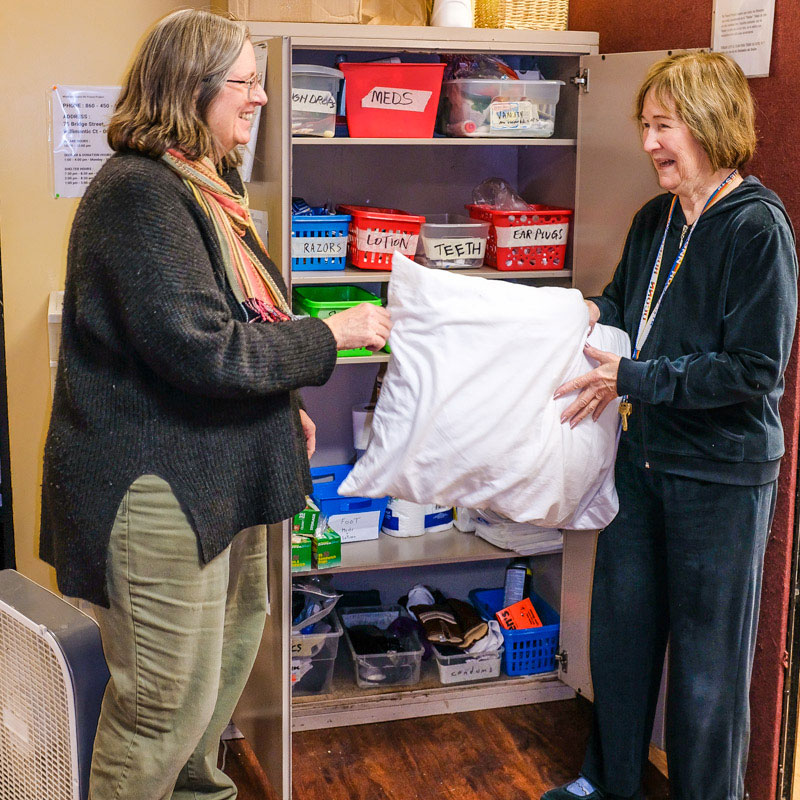The fight against plastic continues. Single-use plastic is pervasive in our lives and there is no exception for menstrual products. The products themselves and plastic packaging of tampons, pads, and panty liners generate more than 200,000 tonnes of waste per year. In the US alone, 12 billion pads and 7 billion tampons are thrown out and end up in landfills, sewage lines, and our oceans annually!
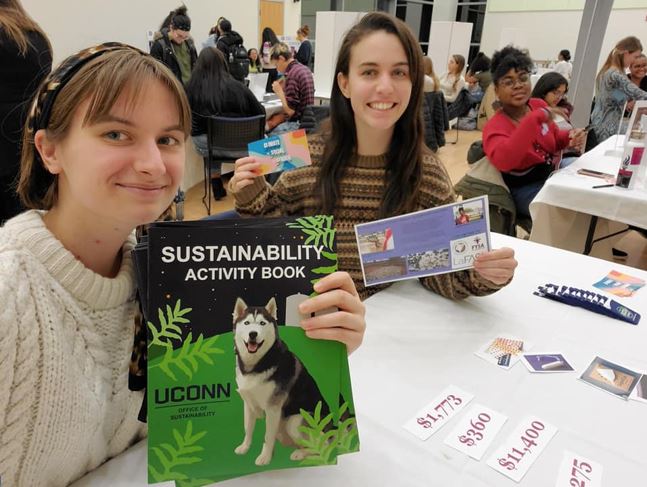
Luckily, many different reusable products have been popping up as alternatives on the market. This movement has been led by empowered feminists looking to redefine the quality of products available and take down the stigma of periods while shifting away from these single-use menstrual products. You can find reusable cloth pads, period underwear, menstrual disks, menstrual cups and many more creative solutions and continued innovations!
OrganiCup, a women-led Danish menstrual cup company, is one such company focused both on empowering menstruators and tackling this menstrual waste problem. By providing silicone menstrual cups that are reusable for years and come in multiple sizes, this company is breaking barriers, destigmafying periods, and generating much less waste.
Organicup has launched the “Campus Cup” program, an initiative to introduce their reusable menstrual cups to college students as a sustainable alternative to traditional menstrual products by providing students with free menstrual cups. Identified via our GreenMetric rating, UConn served as a pilot for this initiative.
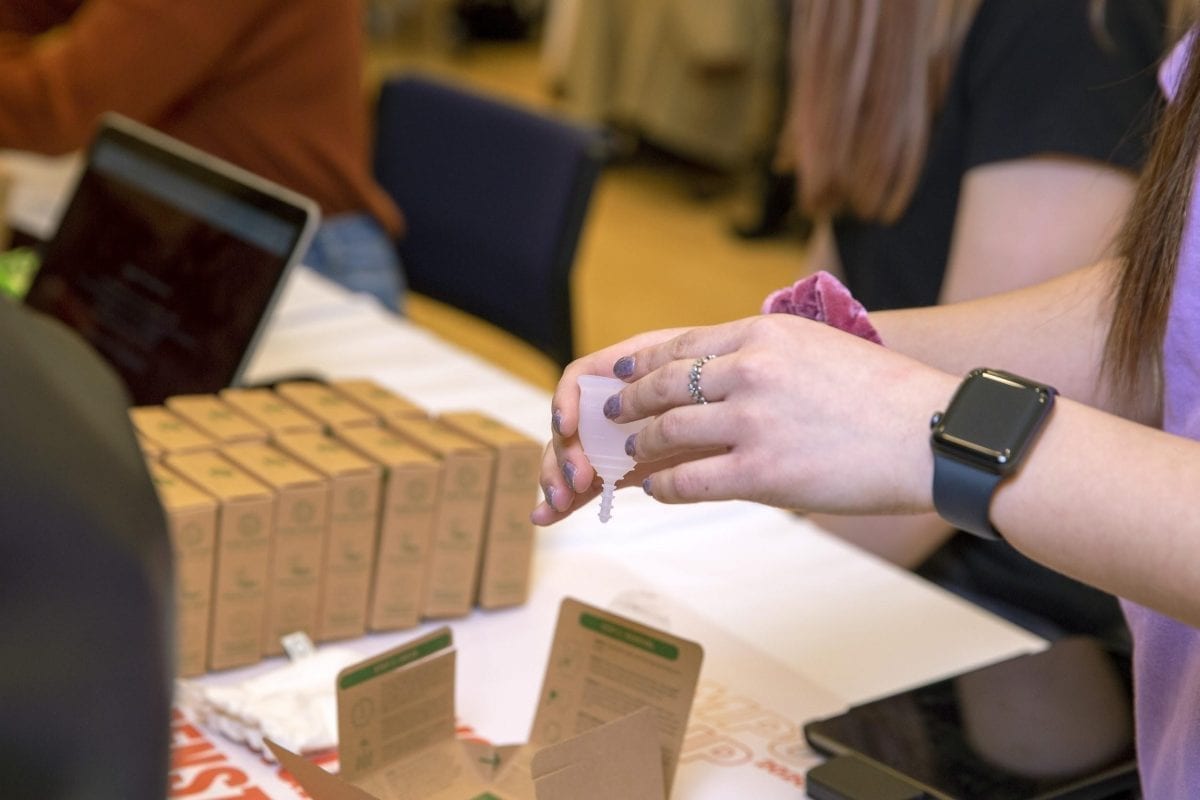
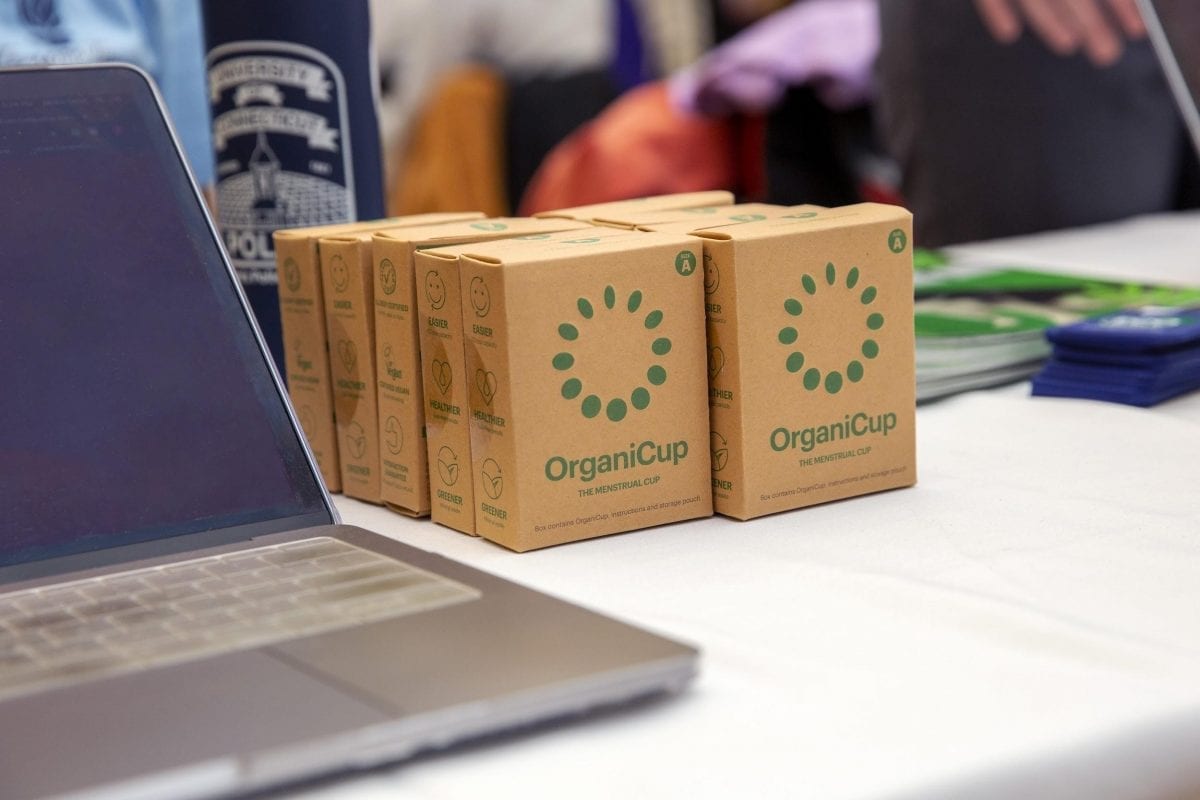
The UConn Office of Sustainability brought the Undergraduate Student Government (USG) Tampon Time program on board in order to effectively distribute 500 menstrual cups during USG’s Womxn’s* Health and Empowerment Fair on March 2nd, 2020 for the OrganiCup Campus Cup launch date!
During the Womxn’s Health and Empowerment Fair, excitement and chatter filled the Student Union Ballroom, as students and attendees engaged with different booths highlighting organizations catered towards supporting female/womxn students. At each booth, students could learn about how resources on and off campus connect sustainability, physical & mental health, sex, gender-based violence, intersectional identities, and other topics related to female health & empowerment. The Office of Sustainability even had our own booth with giveaways where we highlighted the cost of different menstrual products and the connections between climate justice, sexual assault, & female empowerment. The biggest draw to the fair, though, was by far the free menstrual cups given out, with students lining up out the door to pick up their very own.
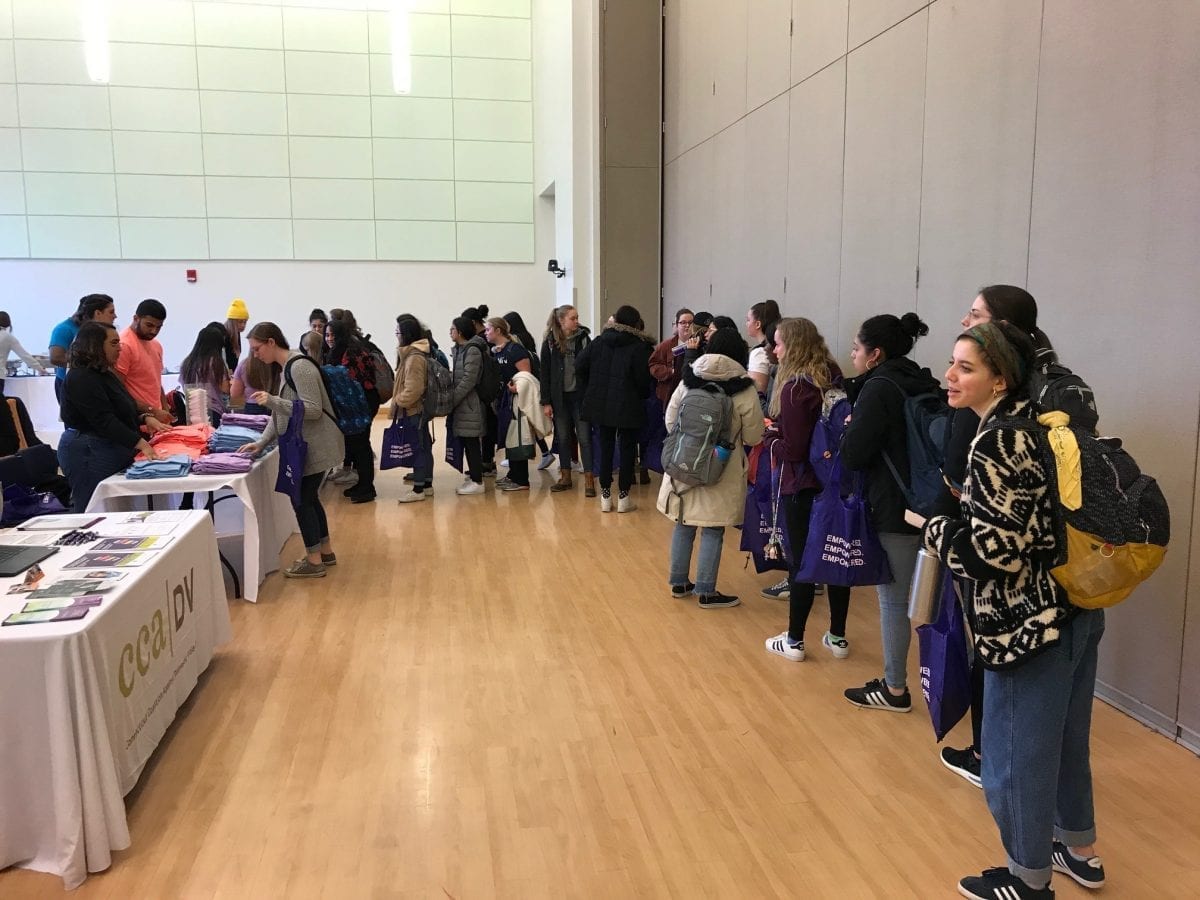
With the opportunity to try out one of the many reusable products on the market for free, menstruating college students on a budget are able to test something potentially out of their comfort zones without spending anything, all while getting one step closer to a more sustainable lifestyle and bringing sustainability to a part of their life that they may have never thought of.
Students walked away that day excited and ready to try out their free menstrual cup! This was a wonderful reminder to support continued efforts to talk about periods, provide comfortable and cost-saving products & resources for menstruating students, and find creative opportunities to incorporate sustainability on the college campus. And this fair was just the start; there are many more menstrual cups that will be distributed at UConn, through the Women’s Center and in public bathrooms across campus alongside USG Tampon Time’s disposable menstrual products.
Keep your eyes open as OrganiCup launches their nation-wide Campus Cup program this fall! Feel free to reach out to the UConn Office of Sustainability with any questions.
To learn more about OrganiCup and the company goals/impact: https://www.organicup.com/impact/
*Womxn: term used, especially in intersectional feminism, as a way to move away from patriarchal language and explicitly include non-cisgender women and women of color.
